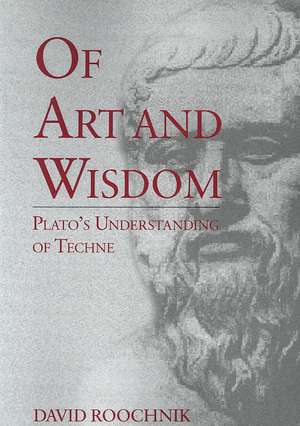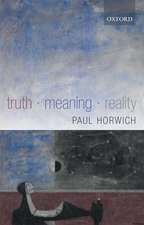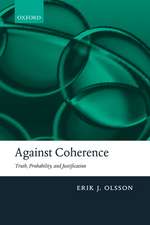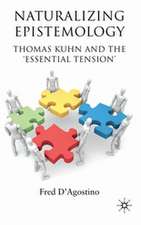Of Art and Wisdom – Plato`s Understanding of Techne
Autor David Roochniken Limba Engleză Paperback – 14 sep 1998
Preț: 248.02 lei
Nou
Puncte Express: 372
Preț estimativ în valută:
47.46€ • 49.68$ • 39.50£
47.46€ • 49.68$ • 39.50£
Carte tipărită la comandă
Livrare economică 31 martie-14 aprilie
Preluare comenzi: 021 569.72.76
Specificații
ISBN-13: 9780271032733
ISBN-10: 0271032731
Pagini: 312
Dimensiuni: 151 x 227 x 23 mm
Greutate: 0.46 kg
Editura: Penn State University
Locul publicării:United States
ISBN-10: 0271032731
Pagini: 312
Dimensiuni: 151 x 227 x 23 mm
Greutate: 0.46 kg
Editura: Penn State University
Locul publicării:United States



















